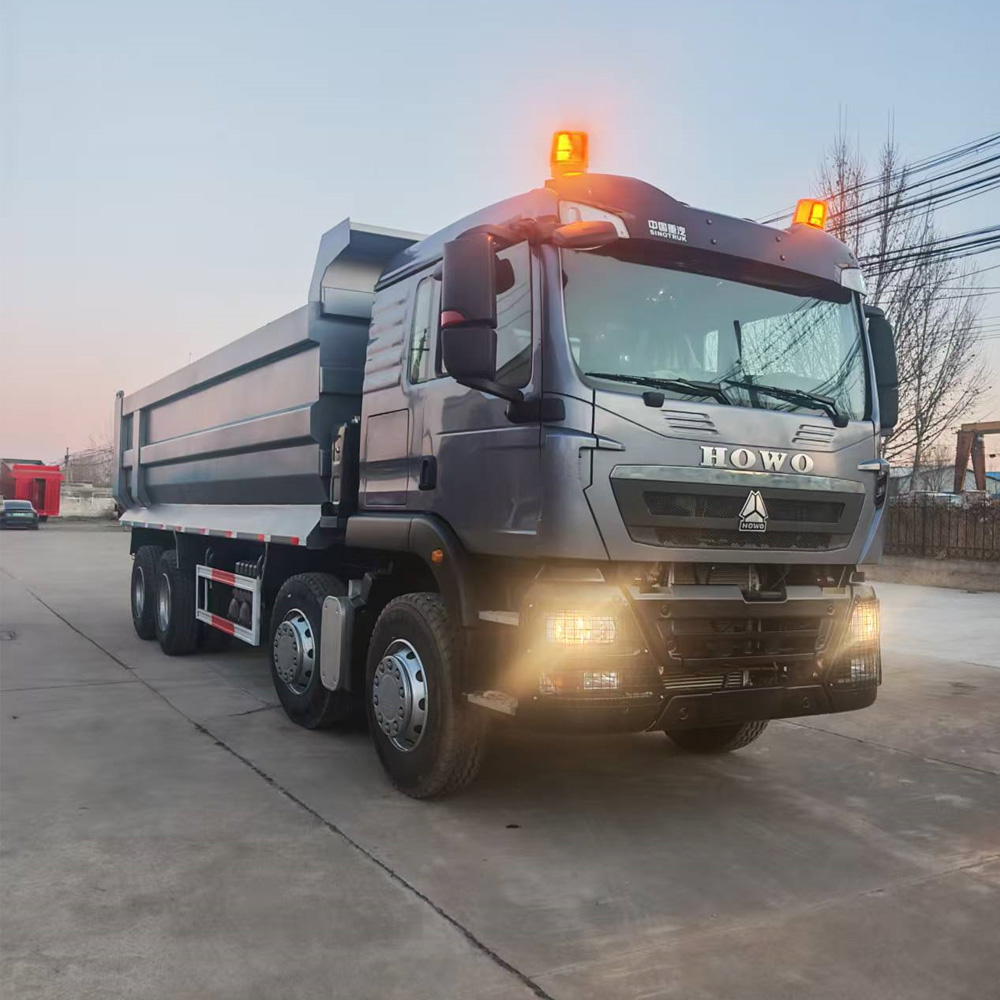Navigating the Delivery Landscape: Which Company Reigns Supreme?
In an era where e-commerce is booming and consumer expectations are at an all-time high, the choice of a delivery service can significantly impact a business's success. With numerous companies vying for dominance in the logistics sector, the question arises: which is the best company to deliver for? This article delves into the factors that define a top-tier delivery service, compares leading companies, and offers insights to help businesses make informed decisions.
Understanding the Delivery Landscape
The delivery industry has evolved dramatically over the past decade. With the rise of online shopping, companies are not just competing on price but also on speed, reliability, and customer service. The best delivery companies are those that can adapt to changing consumer demands while maintaining operational efficiency.
Key Factors to Consider
When evaluating delivery companies, several critical factors should be taken into account:
- Speed of Delivery: In today's fast-paced world, consumers expect quick delivery times. Companies like Amazon Prime have set a high standard with their same-day and next-day delivery options. Businesses must assess whether a delivery service can meet their speed requirements without compromising quality.
- Reliability: A delivery service's track record is crucial. Metrics such as on-time delivery rates and the frequency of lost or damaged packages are essential indicators of reliability. Companies like UPS and FedEx have established reputations for dependability, making them popular choices among businesses.
- Coverage Area: The geographical reach of a delivery service is another vital consideration. Some companies excel in urban areas but may struggle in rural locations. Understanding the delivery network and service areas is essential for businesses that operate in diverse regions.
- Cost-Effectiveness: While price shouldn't be the sole determining factor, it is undeniably important. Businesses must evaluate the cost structures of various delivery services, including base rates, surcharges, and any additional fees that may apply.
- Customer Service: Exceptional customer service can set a delivery company apart from its competitors. Businesses should consider the availability of support, responsiveness to inquiries, and the ease of tracking shipments.
- Technology Integration: In an increasingly digital world, the ability to integrate with technology platforms is crucial. Companies that offer robust tracking systems, API integrations, and user-friendly interfaces can enhance the overall delivery experience.
Comparing Leading Delivery Companies
To determine which delivery company stands out, let's compare some of the industry leaders:
- FedEx
FedEx is renowned for its extensive global reach and reliable service. With a variety of delivery options, including same-day and international shipping, FedEx caters to businesses of all sizes. Their advanced tracking system and commitment to customer service make them a top choice for many.
- UPS
UPS is another heavyweight in the delivery industry, known for its efficient logistics network. The company offers a range of services, from ground shipping to air freight, and is particularly strong in B2B deliveries. UPS's focus on sustainability and innovation further enhances its appeal.
- DHL
DHL specializes in international shipping and is often the go-to choice for businesses looking to expand globally. With a strong presence in Europe and Asia, DHL offers fast and reliable service, making it an excellent option for companies with international clientele.
- Amazon Logistics
Amazon has revolutionized the delivery landscape with its vast network and innovative solutions. While primarily serving its own marketplace, Amazon Logistics offers competitive delivery options that are hard to ignore. Their focus on speed and customer satisfaction positions them as a formidable player in the industry.
- Local and Regional Carriers
In addition to the giants, local and regional carriers can provide specialized services that larger companies may not offer. These carriers often have a better understanding of local markets and can provide personalized service, making them an attractive option for small to medium-sized businesses.
Making the Right Choice
Ultimately, the best delivery company for your business will depend on your specific needs and priorities. Conducting a thorough analysis of the factors mentioned above will help you identify the right partner. Consider running pilot programs with multiple carriers to assess their performance before making a long-term commitment.
Conclusion
In the competitive world of logistics, choosing the right delivery company is crucial for business success. By evaluating speed, reliability, coverage, cost, customer service, and technology integration, businesses can make informed decisions that align with their operational goals. Whether you opt for a global giant like FedEx or a local carrier, the right delivery partner can enhance customer satisfaction and drive growth in an increasingly demanding marketplace.

